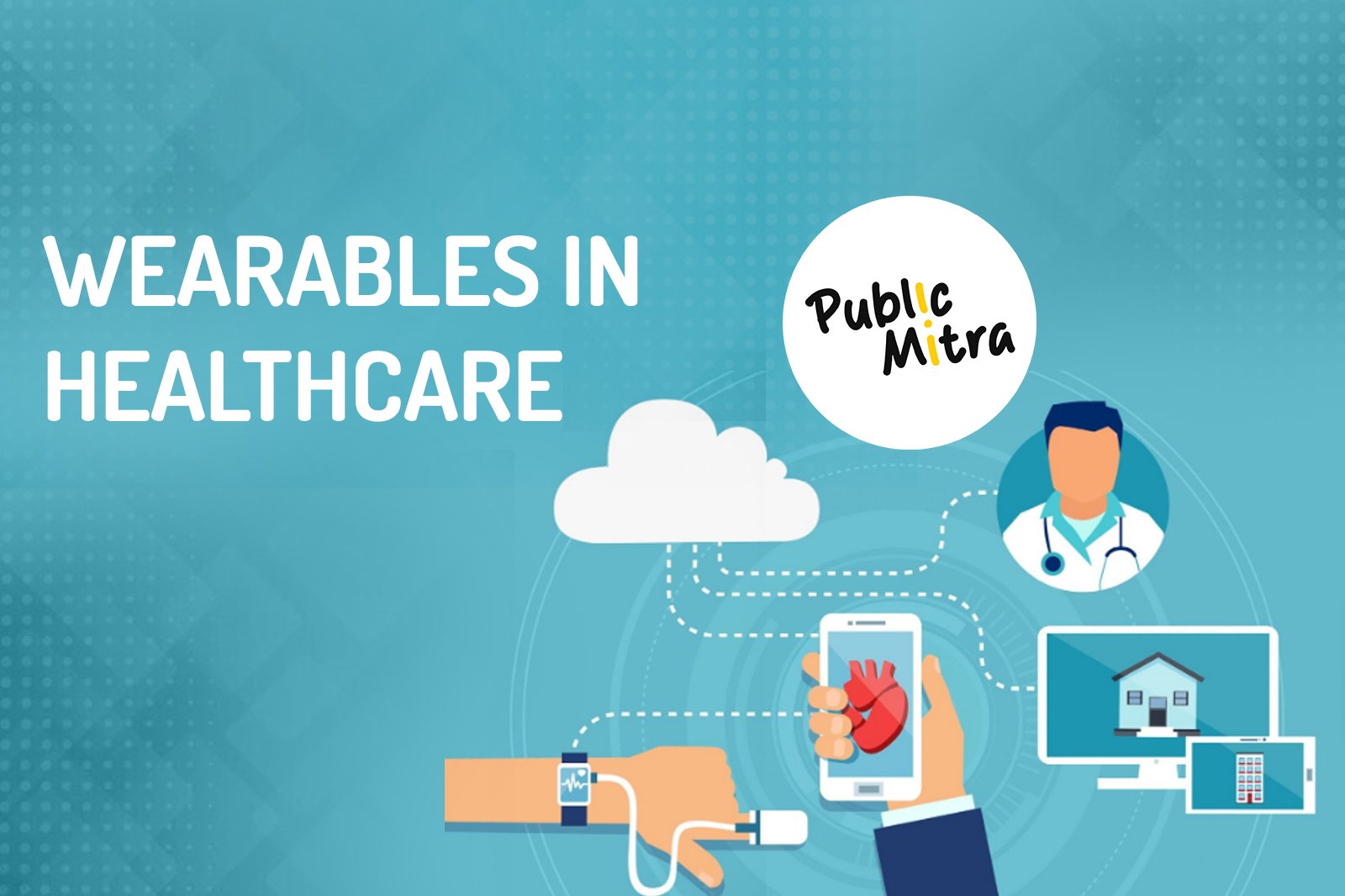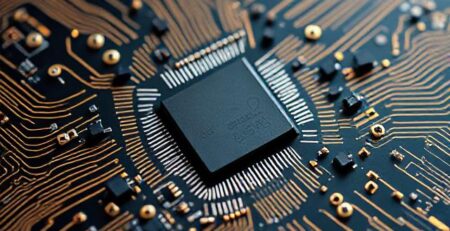The Impact Of Wearables On Healthcare Through Patient Well-being
In today’s rapidly evolving technological landscape, the integration of wearables in healthcare is reshaping the way we perceive and manage our well-being. These innovative devices have transcended their initial roles as mere gadgets and have emerged as powerful tools in monitoring, diagnosing, and maintaining health.
The rising demand for wearable medical devices, including fitness trackers, smartwatches, ECG monitors, blood pressure monitors, and biosensors, has surged due to their benefits. In 2020, the smart wearable health devices market reached $13.8 billion and is projected to grow to $37.4 billion by 2028.
What is Wearable Technology in Healthcare?
Wearable healthcare technology involves devices worn by patients to gather health and fitness data, shared with doctors, providers, insurers, and relevant parties. Examples include fitness trackers, blood pressure monitors, and biosensors.
Diverse Applications of Wearable Technology in Healthcare
The scope of wearables in healthcare has expanded exponentially. From smartwatches capable of tracking sleep patterns and stress levels to sophisticated devices monitoring blood sugar, heart rhythm, and even ECG readings, the applications are diverse and impactful.
1. Remote Patient Monitoring – One of the most revolutionary aspects of wearable technology in healthcare is its ability to enable remote patient monitoring. Patients can now transmit vital health data to healthcare providers in real-time, allowing for proactive intervention and personalized care plans.
2. Chronic Disease Management – Wearables have also revolutionized the management of chronic diseases. Patients with conditions like diabetes, hypertension, or heart disease can now monitor their health parameters continuously, empowering them to make informed decisions and providing healthcare professionals with a comprehensive dataset for better treatment strategies.
3. Improved Lifestyle and Preventive Healthcare – Beyond illness management, wearables promote a culture of proactive wellness. By encouraging users to stay active, manage stress, and maintain healthy habits, these devices play a pivotal role in preventive healthcare, potentially reducing the risk of developing chronic conditions.
Challenges and Considerations
Despite the promising benefits of wearables in healthcare, there are challenges that need to be addressed:
Data Privacy and Security: The sensitive nature of health data requires robust security measures to protect patient privacy.
Integration with Healthcare Systems: Seamless integration with electronic health records (EHRs) is crucial for ensuring that wearable data becomes an integral part of the patient’s overall health profile.
User Adoption: Encouraging widespread adoption of wearables requires addressing issues of usability, affordability, and the need for ongoing support and education.
The Future of Wearables in Healthcare
As technology continues to advance, the future of wearables in healthcare looks promising. Innovations such as smart clothing, ingestible sensors, and advanced analytics will further enhance the capabilities of these devices. Wearables are poised to play a pivotal role in preventive medicine, chronic disease management, and promoting a culture of proactive health management.
In conclusion, wearables are not just gadgets; they are catalysts for a healthcare revolution. By empowering individuals with the tools to actively manage their health and providing healthcare professionals with real-time data, wearables are reshaping the landscape of patient care. As we move forward, the collaboration between technology developers, healthcare providers, and regulatory bodies will be crucial in unlocking the full potential of wearables in improving health outcomes and ushering in a new era of personalized medicine.












